Stories & Events
Stories & Events
Environmental change in the Arctic over recent decades is increasingly at the center of international interest. Local observations and place-based knowledge systems offer fine-grained, nuanced and holistic understanding of the Arctic system and how it is changing over time. By working together, Arctic residents and researchers can contribute to a deeper understanding of the Arctic and the social and environmental changes ongoing in the region. Read about ELOKA research, collaborations, and events.
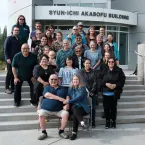
The Exchange for Local Observations and Knowledge of the Arctic (ELOKA) works to foster collaboration between Arctic residents and researchers.
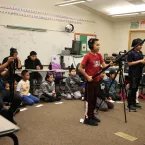

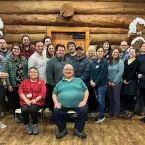
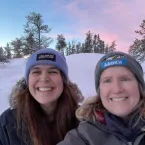
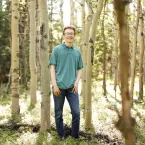
Under the ELOKA program, funded by the National Science Foundation (NSF), principal investigators Noor Johnson and Matthew Druckenmiller recognized the potential to train and build the capacity of students.
